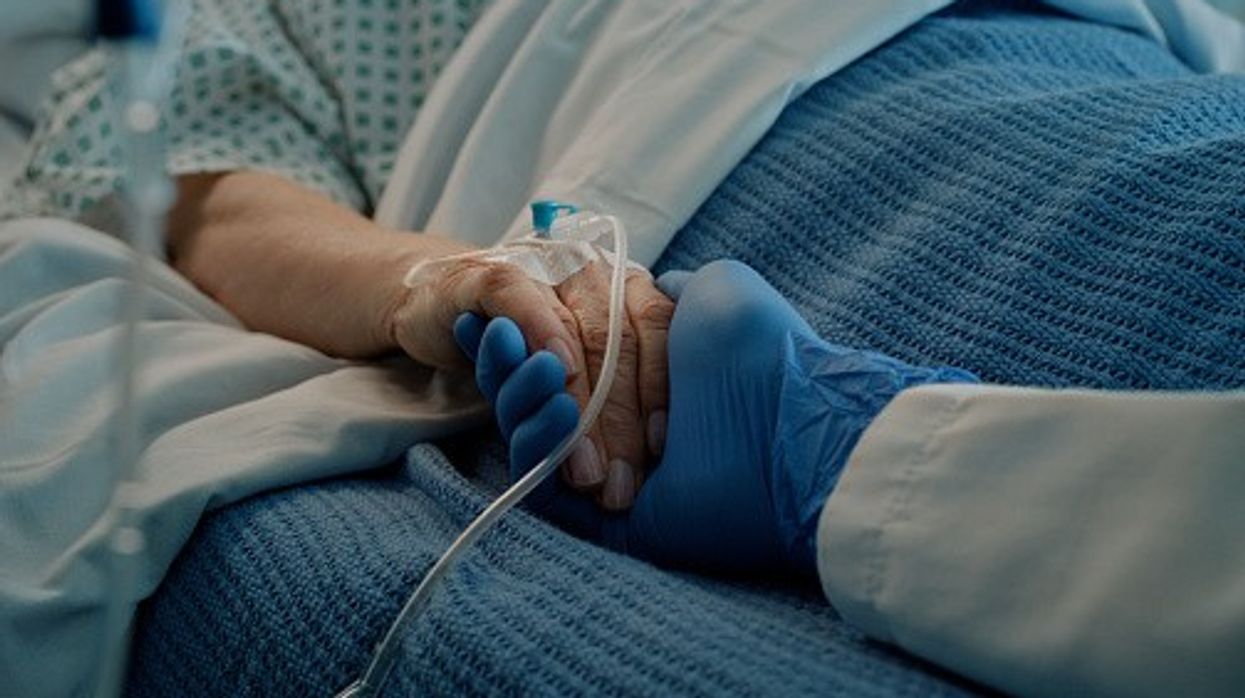ABPI urges the government and NICE to adopt a more flexible approach when assessing medicines for severe conditions
A new report has highlighted that the public places a higher value on medicines for severe medical conditions, such as terminal cancer, than the thresholds currently used by the National Institute for Health and Care Excellence (NICE).
The study, conducted by the Office of Health Economics (OHE), found a misalignment between NICE’s current ‘severity modifier’—which determines whether a medicine is recommended for coverage on the National Health Service (NHS)—and the UK public’s preference for prioritising health gains for more severe diseases.
The research, commissioned and funded by the Association of the British Pharmaceutical Industry (ABPI), also indicated that the public is willing to pay more for medicines used to treat patients with severe disease.
Titled ‘Understanding Societal Preferences for Priority by Disease Severity in England and Wales,’ the report suggested that NICE’s current severity modifier may be limiting access to innovative treatments for NHS patients.
The ABPI has called on the government and NICE to adopt a more flexible approach when assessing medicines for severe conditions.
Paul Catchpole, director of value and access policy for the ABPI, said: “Something has got to change if the NHS is to meet the public’s expectation on how the UK treats those with severe illness.
“The government should step in to allow NICE the flexibility to apply the severity modifier more ambitiously so that patients can benefit.”
He stressed the need to examine how NICE and the NHS could leverage the existing five-year cost control agreement with the pharmaceutical industry to reverse the UK’s decade-long underinvestment in medicines.
This underinvestment, he noted, has led the country to fall to the bottom of the international tables for some treatable and preventable diseases.
“Appropriate use of effective medicines has a vital role to play in fixing the broken NHS, and we want to work with NHS England and NICE to unlock the potential of medical innovation,” he added.
NICE implemented the severity modifier in February 2022, replacing the previous end of life modifier. It expanded the definition of severity to include improvements in quality of life.
Under the current criteria, patients who lose a substantial amount of their future health can qualify for a value ‘multiplier’ of either 1.2 or 1.7, which NICE applies to health gains when calculating the cost-effectiveness of a treatment.
However, the OHE study found that public preferences prioritize health gains at much lower severity thresholds than those set by NICE, with greater value placed on health gains at almost every level of severity.
The study suggested that if NICE aims to align its criteria with societal preferences, a reassessment of the severity modifier is needed.













